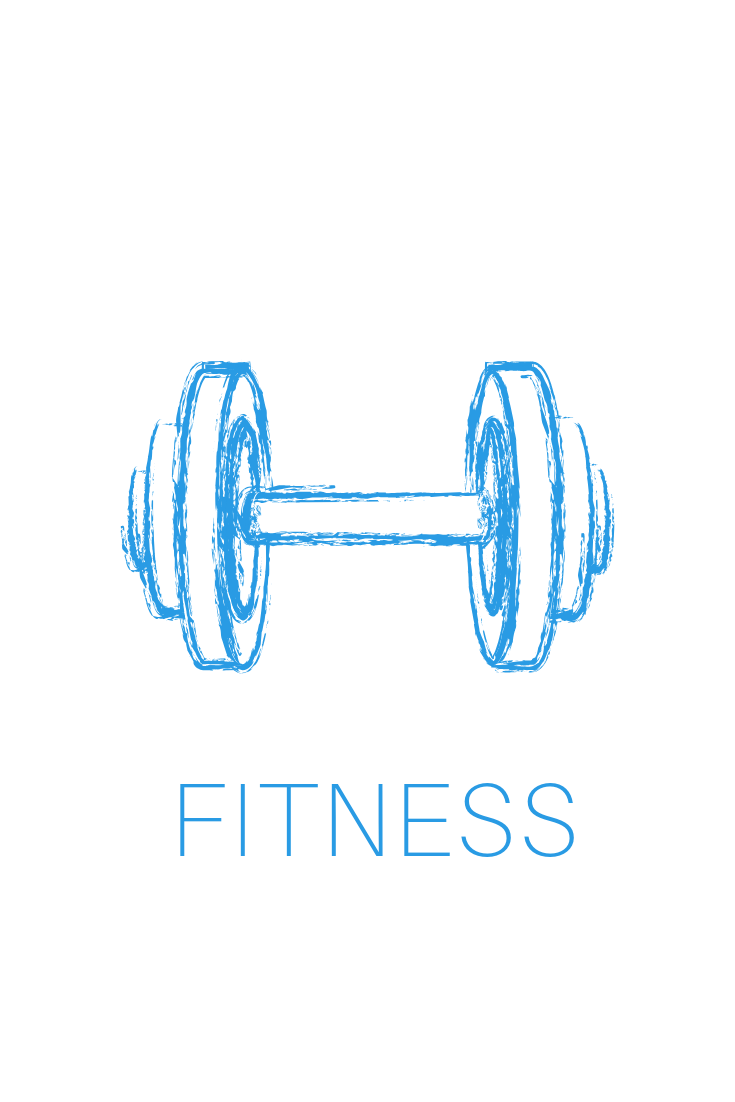Coffee. Good Or Bad?
In the health world, coffee is now lauded as something we should be drinking due to its health benefits. Is there any science behind this claim?
I began drinking coffee about 3 years ago. Until then, my choice to avoid coffee was not particularly health related, I just didn’t really like the taste. During one particularly cold winter I found that a morning coffee was a great way to warm up. Therefore I decided to read up on the heath benefits / concerns regarding coffee and find out if this was a habit I wanted to include in my day. Here’s what I discovered…..
Pros:
Coffee contains a remarkably complex collection of molecules. Chief among them is, of course, caffeine, which stimulates the central nervous system. Coffee also contains antioxidant substances that deplete the number of free radicals in our cells which may stop cancer causing reactions from occurring. Coffee beans contain a wide range of nutrients including riboflavin, pantothenic acid, manganese, potassium, magnesium and niacin. Drinking coffee seems to have the following health benefits:
Increased energy levels: Caffeine blocks an inhibitory neurotransmitter in the brain, which improves energy levels, mood and various aspects of brain function.
Reduced risk of diabetes: Three compounds in coffee have an effect in blocking the toxic accumulation of a protein linked with an increased risk of diabetes.
Reduced risk of heart disease and stroke: Possibly attributed to coffee’s high concentration of antioxidant nutrients that can help offset inflammatory mediators in the blood.
Reduced risk of cancer: Due to the antioxidant substances that deplete the free radicals in our cells.
Reduced risk of Alzheimer’s disease: Research suggests caffeine interacts with a component in coffee to boost levels of a growth factor in the blood that seems to stall the disease’s progress.
Reduced risk of Parkinson’s disease: This also seems to be as a result of caffeine.
Lowers the incidence of liver cirrhosis: Antioxidants in coffee help repair damaged cells in the liver and reduce inflammation.
Decreases the incidence of depression: Possibly due to caffeine stimulating the central nervous system and increasing production of certain ‘feel good’ neurotransmitters in the brain.
It’s looking good so far, but before you pour your second cup, let’s check the other side of the argument….
Cons:
Although there does seem to be many health benefits to consuming coffee, we shouldn’t follow the theory that more is better. There is certainly a tipping point where high levels of coffee consumption will begin to have negative health effects. High coffee intake can result in the following conditions:
Insomnia
Anxiety or agitation
Irregular heart rate
Addiction to, and a dependence on caffeine in order to function effectively.
Osteoporoses (thinning bones) due to an increase in the amount of calcium that is flushed out in the urine.
Diarrhea or nausea due to over consumption of caffeine.
Weight gain due to increased consumption of calories through the milk and / or sugar that is added to the coffee.
There are specific groups of people who should limit or avoid coffee altogether:
When pregnant and / or breast-feeding: Coffee is probably safe for pregnant and breast-feeding women in small amounts. However, drinking more than 2 cups a day has been linked to an increased risk of miscarriage, premature birth, and low birth weight. Caffeine in large amounts can irritate a nursing infant’s digestive tract and also cause sleep problems and irritability.
Children: Children are vulnerable to the effects of caffeine because they weigh less than adults. Caffeine ingested through coffee or energy drinks by children and teenagers has been linked to high blood pressure, irregular heart rate, and increased risk of severe cardiac events. It is recommended that children be discouraged from consuming coffee and should never drink energy drinks.
Conclusion:
Overall, the studies are showing health benefits from moderate coffee consumption. However, as with most studies on nutrition, it’s difficult to ascertain the actual impact of the specific substance being studied (i.e. coffee) due to other lifestyle factors that may influence the results. For example, it may be that people who drink 2 cups of coffee a day also exercise regularly, which is why their heart is healthy. Or those who don’t drink coffee at all are instead drinking gallons of soft drink which is the cause of their diabetes.
Therefore if you are not a coffee drinker, I don’t believe this is an essential piece of the health puzzle. On the other hand, evidence seems to confirm that drinking coffee in moderation certainly does you no harm and you should feel free to enjoy your coffee without guilt. And it is likely that we may even be doing something good for ourselves.
“Listen, before I had my coffee today I didn’t know how awesome I would be either.”
Health benefits aside, what I have learnt during my journey into the world of coffee is that it is about more than just the coffee. It is also about taking time out of what is usually a jam packed day to enjoy a moment of peace with a warm cup of coffee in your hand, a lovely habit which we can enjoy guilt free.
by Angie Black
Hey! I’m Angie. I’m passionate about fitting exercise into your life, for the rest of your life.
BLOG CATERGORIES:







